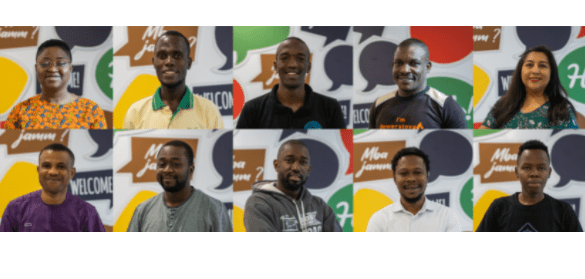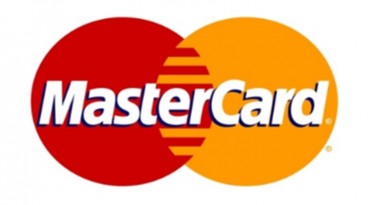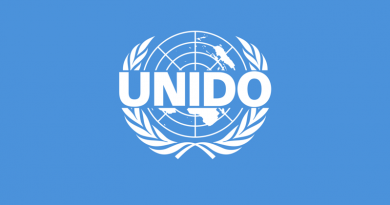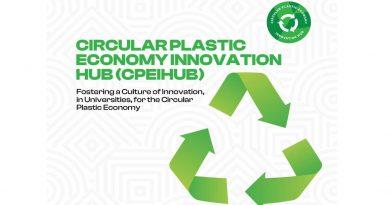CrowdyVest from Nigeria Among Second Telecel ASIP Accelerator Cohorts
Last year we took ten startups from across the continent through the three-month Telecel Group Africa Startup Initiative Program (ASIP). This year we’re at it again, with our next cohort of ten young companies with the potential to change Africa’s future. This second cohort was selected after a gruelling two-day selection process in Dakar, Senegal on 10 March. 20 semi-finalists picked from nearly 2 300 applications were in attendance and our partners at the General Delegate for Entrepreneurship in Senegal, Enrich In Africa and Startupbootcamp Global were also there in support.
Congratulations to all those who made it through. We’re honoured to be able to host ten leading start-ups for our renowned three-month business acceleration program that includes intensive coaching, mentoring, support for scaling, and introductions to venture capitalists and angel investors. The startups will also receive benefits worth $750,000. These are companies working at the cutting edge of agriculture, skills development, healthcare, and technology, to provide African solutions for African problems.
See below for an update on who the top 10 startups are and what solutions they provide!
| Crowdyvest (Nigeria) is an impact-driven fintech platform that creates financial solutions for long-term growth and financial freedom. Crowdyvest has over 140 000 user accounts, with over US$30 million raised for projects and 30 impact projects supported. |
| eCampus (Ghana) provides a machine learning platform for parents and educators to track the progress of learners, meet their needs, and improve learning outcomes. |
| Ecomak Recyclers (Uganda) is reusing plastic waste as long-lasting, eco-friendly, durable and low maintenance construction material. Their plastic bricks and poles are 30% cheaper than conventional concrete bricks and wood timber. |
| Neural Labs Africa (Kenya) is using AI-enabled medical imaging (NeuralSight™) for real-time diagnosis. NeuralSight can identify, label and highlight over 20 respiratory, heart and breast diseases and pathologies, including pneumonia, tuberculosis, COVID-19, emphysema, and more. This technology will reduce Africa’s disease burden and hospital workloads, with better patient outcomes and democratized access to healthcare. |
| Parc Smart (Senegal) helps drivers find and reserve a parking space using their smartphone before they reach their destination, reducing traffic, pollution, and stress. |
| Powerstove Energy (Nigeria) has developed an IoT-enabled smokeless stove that reduces fuel costs and greenhouse gas emissions. The stove generates enough electricity to charge mobile phones and power LED lamps and appliances. The IoT system tracks and sends carbon data so that carbon credits can be generated. |
| Qataloog (Nigeria) offers transparent, cost-effective pricing directly to institutions using cataloguing algorithms for learning content and user search preferences. It has distributed over 10 000 books to 35 universities and colleges and has raised US$150 000 in funding. |
| Proxalys SAS (Senegal) connects fresh food producers with retailers, restaurants and service providers to build a robust e-commerce supply chain. |
| Rural Farmers Hub (Nigeria) offers a crop intelligence solution for farmers to manage crop health and soil nutrients with real-time farming advice delivered by SMS, voice, apps and in-person. Their intelligence solution, Capture, is being used by over 16 000 farmers in northern Nigeria. |
| Vooli Mobile Insurance App (Kenya) evaluates insurance premiums to create the most cost-effective cover. |
| Agrodata (Nigeria) has invented an IoT-enabled smart hive to assist fruit and vegetable farmers with pollination requirements to support year-round food availability. They were selected in the 2021 cohort but will be completing the program this year. |




